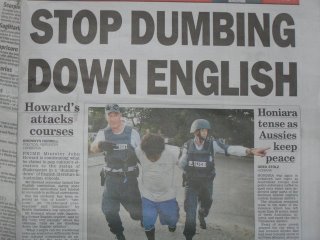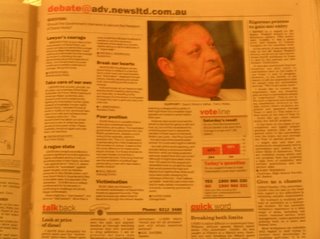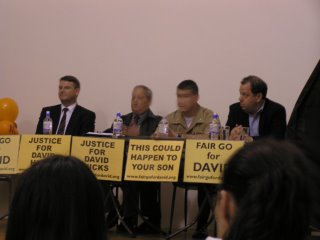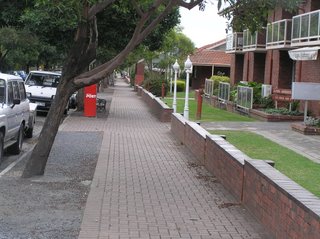UNIONS are set to mount a legal challenge after workers were docked four hours' pay for stopping work for 15 minutes to collect money for the family of an employee killed on a construction site.
The workers were docked for taking unprotected industrial action under the Government's new workplace legislation. CFMEU organiser Martin Kingham said about 25 workers stopped for up to 15 minutes last Friday to take up a collection for the family of building worker Christos Binos, 58, who was fatally crushed by a concrete slab at Pakenham last month.
Employer Hooker Cochram said it was forced to dock the pay of workers as the unions had not given a detailed written request seeking the meeting.
"That wasn't complied with, so under the legislation we have no choice but to deduct four hours' pay for what is considered under the legislation industrial action," general manager Matthew Dalmau said.
Mr Dalmau said Hooker Cochram directly employed two of the construction workers refurbishing the Department of Defence building site at Port Melbourne, while the remainder were subcontractors.
He said the company could suffer sanctions or be fined up to $33,000 if it did not dock the pay.
"Of course we are sympathetic, of course we would have granted the approval for the meeting if the rules had been followed," Mr Dalmau said.
"Unfortunately, our hands are tied, we had no choice."
Mr Kingham said the stopwork meeting was not political or industrial, it was a tradition "about people in the building industry looking after each other".
"People have been penalised for trying to do the right thing," he said.
"We want to challenge the legality of this new law, we think this new law is nonsense.
"But whatever happens in the courts, we are not going to stop what we do, which is to help each other out when we are down."
The union had given notice of the meeting the day before, and presented a written letter about five minutes before the meeting, shop steward Steve Barum said.
Mr Barum said workers did not blame the employer, which had been directed to dock the pay and was protecting itself against fines or losing future government contracts.
He said the "un-Australian" legislation was taking away the Australian spirit of helping one another, while ACTU president Sharan Burrow said it denied a basic humanity to workers trying to look after each other.
The Federal Government today said the provisions for docking a minimum four hours' pay for unlawful industrial action were included in Work Choices legislation to stop "wildcat disruptions", or sudden strikes.
A spokeswoman for Workplace Relations Minister Kevin Andrews said it was disappointing that those involved in the action at Hooker Cochram had not contacted the Australian Building and Construction Commission (ABCC) before stopping work, but the taskforce had now been referred the matter to determine if it was considered unlawful industrial action.
"It may well be the case that this is not industrial action," the spokeswoman said.
"Regardless, under the provisions the employees can approach the employer to have an agreed period (of time off) for these matters.
"So what clearly can occur is an agreement between the employee and employer, or, for example, the activities could have taken place during lunchtime or morning tea."







